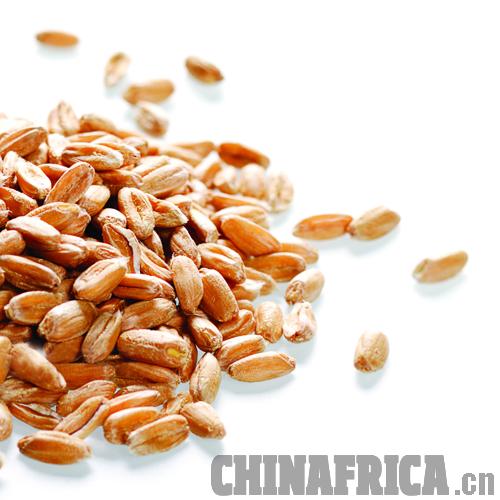| 
After participating in Beijing's "Country Fair" in March, a netizen going by the name "north slope" wrote in his blog, "It's more like a creative market. Farmers display their produce - organically grown crops - aiming at exchanging experiences rather than increasing sales." Interested in organic agriculture, he now rents land in one of the city's suburbs, and expects to share his next harvest at another such market.
The Country Fair is not an ordinary market. It has no fixed location or regular schedule. Food sold there is mostly grown by farmers in rural areas around Beijing. Without chemical fertilizer and insecticides, crops blossom and bear fruits that ripen in a 100 percent natural environment. Fair organizers bring these organic farmers to the downtown, building a bridge between them and new customers.
Getting back to basics
The fair has been held five times since being launched by Japanese artist Emi Uemura in September, 2010. At the fair, people have face-to-face communication with farmers. Being able to buy vegetables picked from the soil just hours earlier is a draw for those new to the organics trend.
Chang Tianle, China Program Officer for the Institute for Agricultural and Trade Policy, one of the major organizers of the Country Fair, explained in Holiday 100 newspaper the appeal of the market. "In the past decades, supermarkets replaced traditional [markets]; but now consumers are bothered by food safety and question the non-transparency and long circulation of agricultural products," Chang said. "The Country Fair arrives [in a time when] people are concerned about quality and freshness of food."
Chang believes the fair is a platform for consumers and farmers. "We invite farmers with good reputations to the fair. Consumers may not trust them at first, but a face-to-face talk can help to build trust, which [doesn't exist] in the industrialized process of food production and consumption."
Little Donkey Farm in the western suburbs of Beijing has participated in the Country Fair since its inception. Shi Yan, the farm's owner, took the fair as an opportunity to communicate with consumers. "I love to talk to my customers," she said.
The latest fair was held at Shi's farm this past April. With 2,000 visitors both Chinese and foreign from every corner of Beijing, it was a magnificent event. Chang told ChinAfrica that participants were mostly farmers from around Beijing, but she hoped more small farmers would join in the future, increasing the fair's reach.
Sustainable living
The fair's organizers believe it is more about a new concept of consumption, rather than a place to sell food.
Chang explained that those who came to the fair expressed approval of two things: natural and healthy food and the value of a sustainable lifestyle. "Not all consumers are in the know about organics, but [they learn] that the standard is based on concept rather than price."
Agreeing with Chang about educating effect of the fair, Shi told ChinAfrica that consumers get to know farmers better at the fair and are exposed to new ideas of living sustainable, which her farm was also trying to promote.
With more and more people joining, Chang hopes that the Country Fair will have a regular schedule in the future, at least once a month. Up until now the fair has been intentionally held without a fixed time and place because "a flexible arrangement can help to widely spread the idea of the fair and get more citizens involved. We hope the fair will become a part of a healthy lifestyle for everyone." |